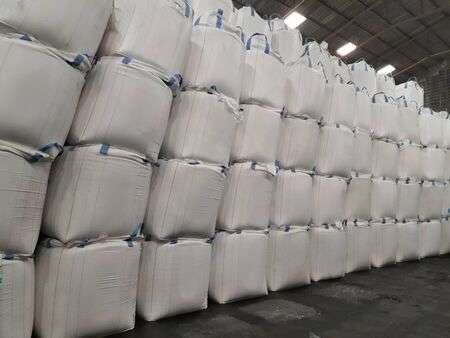UREA N46% (CARBAMIDE)
Urea, also known as carbamide, is an organic compound with chemical formula CO(NH2)2. It is a colorless, odorless solid, highly soluble in water, and practically non-toxic. Dissolved in water, it is neither acidic nor alkaline. introduction and scientific invention of Urea is identified as a life changing event in the history of agriculture. Urea N46% is the world’s most common nitrogen fertilizer and has been used uniformly in all the agricultural lands of the world. Never before this, agriculture had seen such booming heights in production as well as prosperity. Urea is neutral in pH and can adapt to almost all kinds of soils. It is a waste product formed naturally by metabolizing protein in humans as well as other mammals, amphibians and some fish. Urea is widely used in the agricultural sector both as a fertilizer and animal feed additive.
The last decade has seen urea (carbamide) as a superb replacement to ammonium nitrate and has unleashed new unsurpassed production records. The white, crystalline solid comprises of a proportionate compound mixture of more than one nutrients and contains 46% nitrogen. Farmers have identified with this chemical fertilizer as a great ladder to huge success in agro revolution. The nutrient composition rendered by urea enhances the productivity of the soil and enriches its nutrient constituency. Providing each plant with relevant elements needed, urea sustains plant life.
More than 90% of world industrial production of urea is destined for use as a nitrogen-release fertilizer. Urea has the highest nitrogen content of all solid nitrogenous fertilizers in common use. Therefore, it has the lowest transportation costs per unit of nitrogen nutrient. Urea fertilizers rapidly transform to the ammonium form in soils.
Worldwide, urea N46% is one of the most widely used dry granular sources of nitrogen. It is preferred by the fertilizer manufacturing industry since it is relatively easy to manufacture. Urea also has a high nitrogen content (46%), in comparison to other popular nitrogen sources (i.e. ammonium nitrate). On a ton for ton basis, urea contains 35% more nitrogen than ammonium nitrate. This has implications on the storage and transport of nitrogen fertilizer products. Urea is considered a relatively stable product to store and transport, and it is for this reason that the transportation of urea is considered very cost effective in comparison to its most common alternative, ammonium nitrate.
Advantages of Urea Fertilizer
- Superior Nitrogen content
- Low production cost, as source is natural
- Non-flammable and risk-free storage
- Wide application range, for all types of crops and soils
- Neutral pH and harmless to crops and soil
In 2022, the potential supply of urea fertilizers is expected to reach 197 million metric tons. Increasing crop prices lead to increased fertilizer demands and has been especially noted in recent years in South Asia. Favorable weather also increases demand for fertilizers in major agricultural regions.



Reviews
There are no reviews yet.